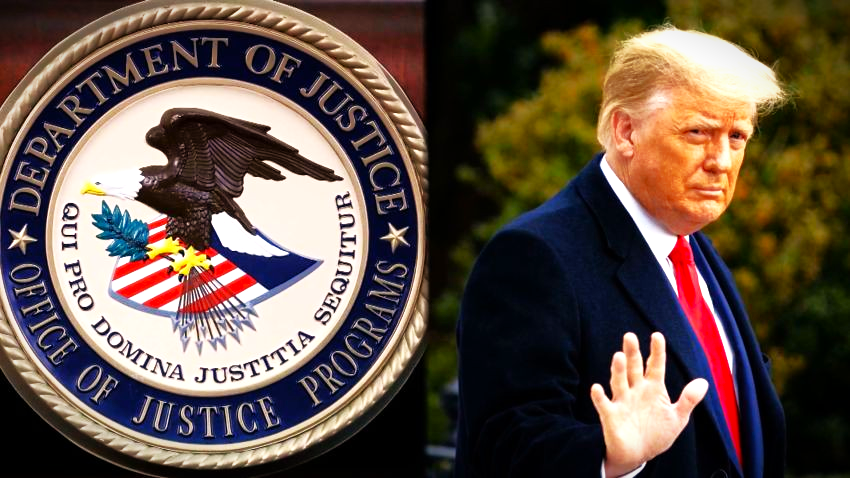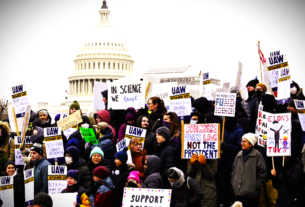In a stunning reversal that civil rights advocates are calling a “betrayal of justice,” the Department of Justice under Donald Trump’s administration has ended multiple high-profile civil rights investigations into police departments across the country. The move effectively closes the door on years of scrutiny into alleged unconstitutional policing practices in cities such as Minneapolis, Louisville, and others, where public outrage over police killings ignited a national reckoning on race and law enforcement.
The DOJ confirmed Wednesday that it is formally withdrawing lawsuits and halting “pattern-or-practice” investigations, a legal mechanism used to hold police departments accountable for systemic civil rights violations. Cities affected by the rollback include Memphis, Oklahoma City, Phoenix, Trenton, and Mount Vernon, as well as a high-profile case involving the Louisiana State Police.
These investigations were launched under President Joe Biden in the aftermath of the deaths of George Floyd and Breonna Taylor incidents that became global symbols of police brutality and racial injustice. The now-abandoned probes had uncovered deeply troubling patterns, including excessive use of force, racial profiling, and First Amendment violations by police.
But Harmeet Dhillon, Trump’s appointee as head of the DOJ’s Civil Rights Division, argues that the consent decrees resulting from those investigations were “overreaching,” describing them as attempts to micromanage local law enforcement with what she deems “factually unjustified” mandates. “Today, we are ending the Biden Civil Rights Division’s failed experiment,” Dhillon declared, characterizing federal oversight as a tool of “unelected bureaucrats” with “anti-police” agendas.
Civil rights attorney Ben Crump, who represented George Floyd’s family, condemned the announcement, calling it “a terrible step backward” just days before the fifth anniversary of Floyd’s death. “This is not just about George or Breonna,” Crump said. “It’s about a government stepping away from protecting the very people it’s meant to serve.”
Critics argue that the Trump administration is repurposing the Civil Rights Division to advance political goals at the expense of historically marginalized communities. In an appearance on Glenn Beck’s show, Dhillon dismissed the departure of career DOJ staffers as inconsequential, implying their commitment to police reform was ideologically driven.
Still, not all oversight is being swept away. In Minneapolis, a state-level consent decree with the Minnesota Human Rights Department remains in effect. “The federal retreat doesn’t let anyone off the hook,” said Commissioner Rebecca Lucero. “Transformational change is not optional, it’s required.”
Yet the broader message from Washington is clear: the federal government under Trump is retreating from civil rights enforcement in policing, a move that many see as part of a broader culture war against so-called “woke” policies.
As the nation reflects on five years since the deaths that sparked a modern civil rights movement, the DOJ’s decision underscores a deep and growing divide: between those who demand accountability for police misconduct, and those who see such oversight as government overreach.
Conclusion:
The DOJ’s move is not merely a change in legal strategy; it’s a shift in the moral compass of the nation’s justice system. With federal protections scaled back, communities will have to rely more heavily on local and state efforts to achieve what many hoped would be the federal government’s enduring promise: equal justice under law.




